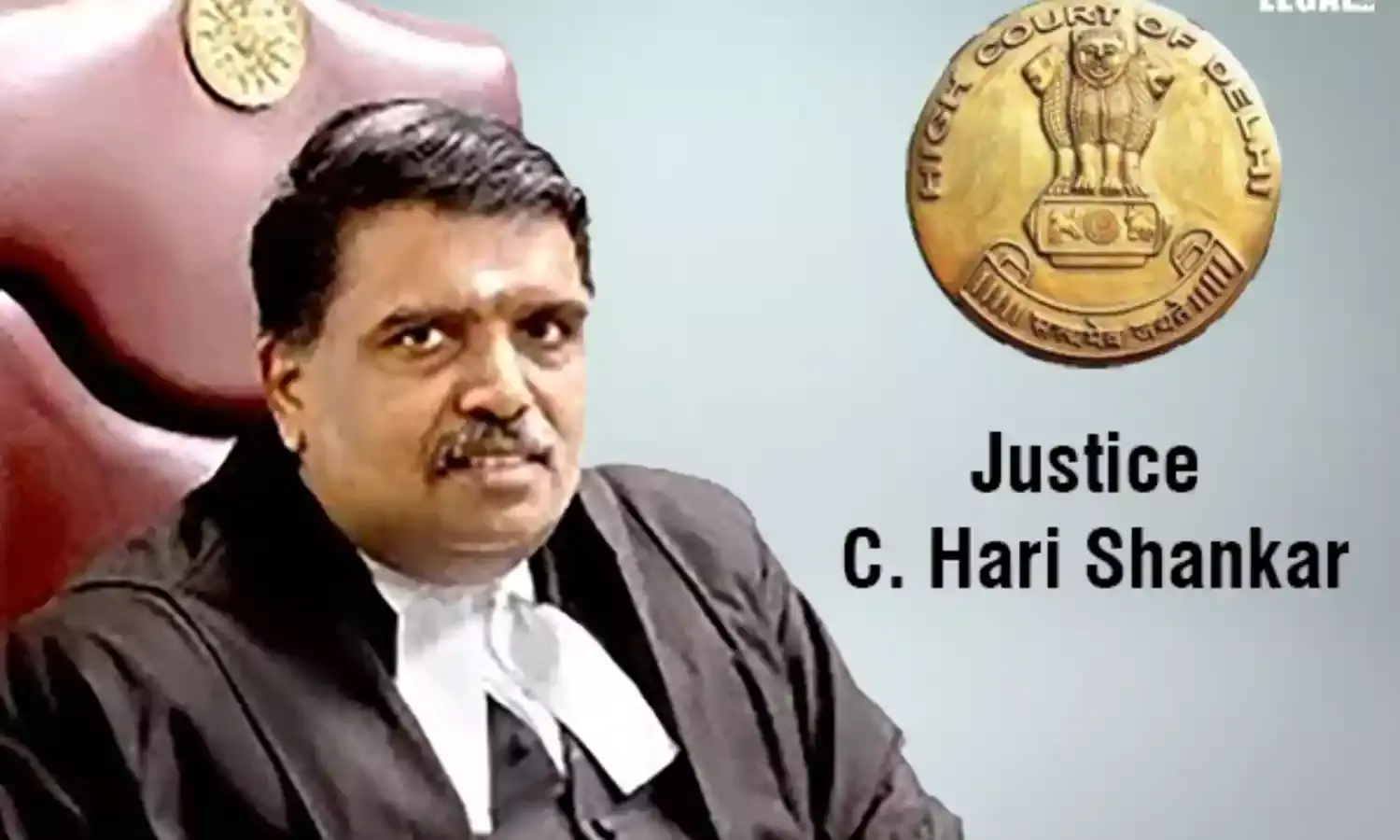Delhi High Court Dismissed Westcoast’s Plea: No Bar on Institution of Patent Infringement Suit in Pendency of Post-Grant Opposition
The Delhi High Court while rejecting the Westcoast Pharmaceutical’s application seeking rejection of Astrazeneca’s suit,;

Delhi High Court Dismissed Westcoast’s Plea: No Bar on Institution of Patent Infringement Suit in Pendency of Post-Grant Opposition
The Delhi High Court while rejecting the Westcoast Pharmaceutical’s application seeking rejection of Astrazeneca’s suit, refused to read Aloys Wobben vs. Yogesh Mehra, (2014) judgment as proscribing institution of infringement suit during pendency of post grant opposition proceedings under Patents Act.
The single Judge Justice C. Hari Shankar was hearing a petition by AstraZeneca AB against an application for rejection of a patent suit by Westcoast Pharmaceutical, on the grounds of pecuniary jurisdiction, territorial jurisdiction and the Alloys Wobben controversy.
It was the case of defendant/applicant- Westcoast Pharmaceutical Works Ltd., that the suit was bad for want of pecuniary jurisdiction, as it was required to be filed before the District Court and the suit was in the nature of a quia timet action, premised on a mere apprehension that the defendant would launch the allegedly infringing product in the market.
The applicant had also contended that the suit was bad for want of territorial jurisdiction, as the defendant was located outside Delhi and Plaintiff was in Sweden.
However, the Court held that no case for rejecting the present suit under Order VII Rule 11 of the Code of Civil Procedure, 1908 (CPC) for want of pecuniary jurisdiction existed.
With respect to the issue of territorial jurisdiction, the Judge opined that the defendant cannot seek dismissal, or rejection, of a suit on the ground of want of territorial jurisdiction. Order VII Rule 10 of CPC would apply in such a case, nor Order VII Rule 11, and the Court could only be asked to return the suit for presentation before the proper forum.
Therefore, the Court proposed to not return any finding on the prayer in the application for rejection of the plaint as such a prayer could not be sought on the ground of want of territorial jurisdiction, as want of territorial jurisdiction stood specifically covered by Order VII Rule 10.
The second ground on which dismissal was sought was based on the observation of the Supreme Court in Aloys Wobben vs. Yogesh Mehra wherein it has been observed that, “only the culmination of procedure contemplated under Section 25(2) of the Patents Act bestows the final approval to the patent. Therefore, it is unlikely and quite impossible, that an infringement suit would be filed while the proceedings under Section 25(2) are pending, or within a year of the date of publication of the grant of a patent.”
In the present case, the defendant submitted that the suit patent IN 297581 claiming the compound Osimertinib, was granted to the plaintiff- Astrazeneca AB, on 11 June, 2018, whereafter, post grant oppositions were filed by Sunshine Organics Pvt. Ltd. (Sunshine) on 14 May, 2019 and by Natco Pharma Ltd. (Natco) on 10 June, 2019, respectively, under Section 25(2)3 of the Patents Act.
The present suit was filed only thereafter on 8 February, 2022, when the post grant oppositions of Sunshine and Natco were still pending before the Controller General of Patents.
According to the defendant, the plaintiff neither had the right to assert that the suit patent crystallized as yet, nor could the plaintiff institute an infringement suit at this stage, even while the post grant oppositions filed by Sunshine and Natco were pending.
However, the Judge stated that he was unable read into para 19 of Aloys Wobben Case (Supra) any statement of the law which would derogate from the statutory right, conferred on the patentee or introduce, as a condition for exercise of the statutory right, the requirement of waiting for one year after the patent is granted or, if a post grant opposition has been filed within that period, for a favorable decision in the post grant opposition, before suing for infringement.
The Court said, “To reiterate, there is no declaration in para 19 of Aloys Wobben, of the legal position that, till the culmination of post grant opposition proceedings, a patentee cannot sue for infringement of his patent. In the first place, the Supreme Court was, in the said case, not concerned with the right of the patentee to institute a suit vis-a-vis the post-grant opposition filed against the patent, but was concerned with the right of the same defendant to simultaneously prosecute a revocation petition and a counterclaim in the suit. Secondly, even the issue of whether an infringement suit could be instituted till the expiry of a year from the date of grant of the patent never arose for consideration before the Supreme Court in that case; nor from the judgment, does it appear that any arguments on that point were raised.”
Therefore, the Court opined that the view expressed by the Supreme Court in Sergi Transformer Explosion Prevention Technologies Pvt. Ltd. vs. CTR Manufacturing Industries Ltd. supported the view of the High Court in the case at hand.
In Sergi’s Case (Supra), the Division Bench solely on the basis of the pendency of the post grant opposition and revocation petition, stayed the ad interim order but the Apex Court had disapproved of such approach in merely proceeding on the basis of the post grant opposition filed by Sergi, without examining the issue on merit.
Thus, the Court held that in the light of the view adopted by the Supreme Court in the case of Sergi (Supra) it would be hazardous for this Court to read para 19 of Aloys Wobben case as proscribing the institution of an infringement suit during the pendency of post grant opposition proceedings instituted under section 25(2) of the Patents Act.
Dismissing the petition, the Court held that, no case for rejecting the suit under Order VII Rule 11, on any of the grounds urged in this application could, therefore, be said to exist.

